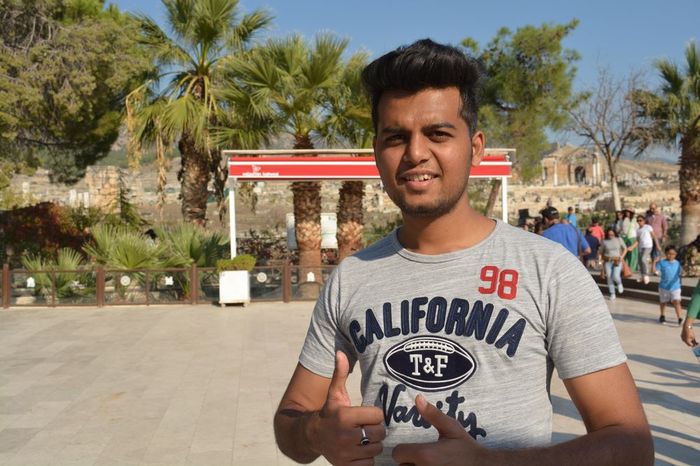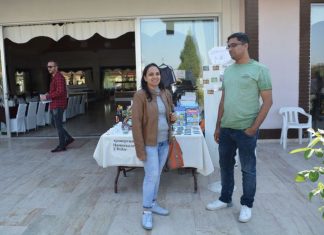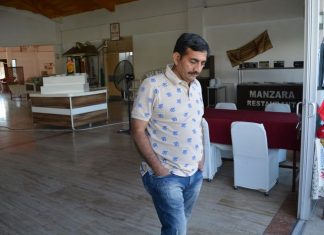For he knew from very long experience that the Turkish battle-order did not agree at all with that of other nations, for with them “shield did not rest upon shield, and helmet upon helmet and man upon man ” as Homer says, but the Turks’ right and left wing, and centre were quite disconnected and the phalanxes stood as if severed from each other. Consequently if you attacked the right or left wing, the centre would swoop down upon you and all the rest of the army posted behind it, and like whirlwinds throw the opposing body into confusion. Now for their weapons of war:-they do not use spears much, as the Franks do, but surround the enemy completely and shoot at him with arrows, and they make this defence from a distance.
When he pursues, he captures his man with the bow; when he is pursued he conquers with his darts; he throws a dart and the flying dart hits either the horse or its rider, and as it has been dispatched with very great force it passes right through the body; so skilled are they in the use of the bow.
Directly inspired by God
Having noticed this from long experience the Emperor arranged his lines and phalanxes in such a way that the Turks should shoot from the right side, the side on which the shields were advanced, and that our men should shoot from the left, the side on which the Turks’ bodies were unprotected. And he himself imagined that this order of battle would be invincible, and marvelled at its strength and looked upon it as an arrangement directly inspired by God and a marshalling due to the angels. And everybody else admired and rejoiced in it and took fresh courage from the Emperor’s invention. And when he himself thought about his forces and the plains through which he was soon to pass and reflected that his battle-order was solid and not easily broken, his hopes rose high and he prayed to God to bring them to fulfilment.
IV In this order of battle he reached Santabaris . . . and distributed all the leaders of this array [over the country]; Camytzes he sent to attack Polyboturn and Cedrus (this was a very strongly fortified town held by the satrap Pucheas); Stypiota he ordered to march on the barbarians in Amorium. . . . Two Scythians got wind of this plan and deserted to Pucheas and brought word to him of Camytzes’ advance and also of the Emperor’s approach. He was so stricken with f ear at this that at midnight he left the city and departed with all his countrymen. As day was dawning, Camytzes reached the place and found no Pucheas nor indeed any Turk at all.
Read More about Victory over the Turks part 27








